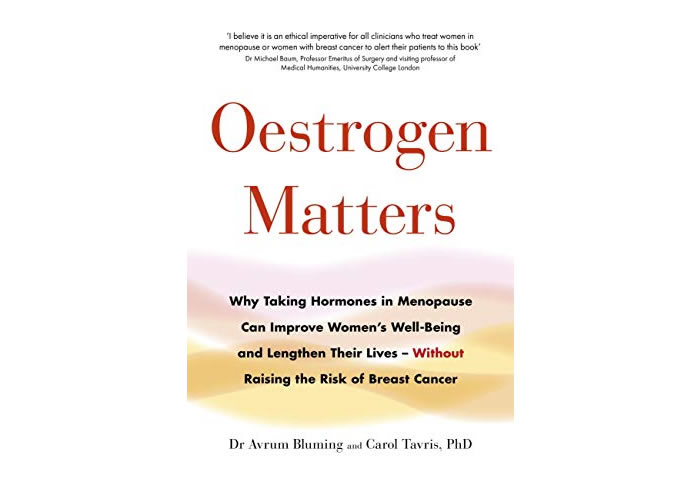Oestrogen Matters by Avrum Bluming and Carol Tarvis


For years, hormone replacement therapy (HRT) was hailed as a miracle. Study after study showed that HRT, if initiated at the onset of menopause, could ease symptoms ranging from hot flushes to memory loss; reduce the risk of heart disease, Alzheimer's, osteoporosis, and some cancers; and even extend a woman's overall life expectancy. But when a large study by the Women's Health Initiative announced results showing an uptick in breast cancer among women taking HRT, the winds shifted abruptly, and HRT, officially deemed a carcinogen, was abandoned. Now, sixteen years after HRT was left for dead, Dr Bluming, a medical oncologist, and Dr Tavris, a social psychologist, track its strange history and present a compelling case for its resurrection. They investigate what led the public - and much of the medical establishment - to accept the Women's Health Initiative's often exaggerated claims, while also providing a fuller picture of the science that supports HRT.



